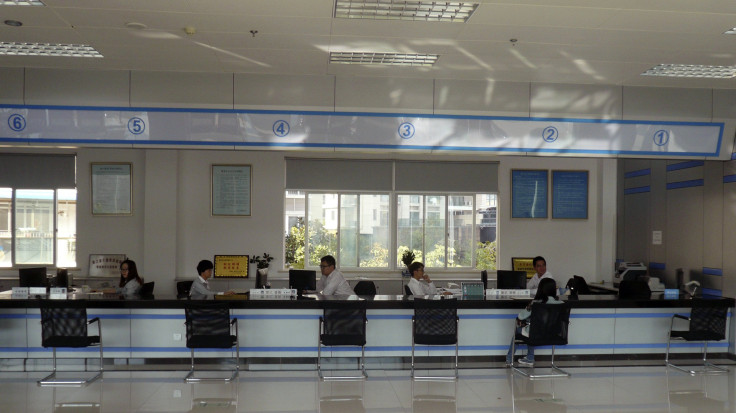China's Private Lending (P2P) Enjoys Renaissance After 2 Years Of Banking Turbulence

Private non-bank lending, or person-to-person (P2P) lending, is back on terra firma in China after two years of turbulence with Chinese underground banking woes, supplying much-needed cash to small businesses and individuals.
There are about 800 P2P lending platforms online in China, playing matchmaker between lenders and borrowers, the South China Morning Post reported on Monday.
"The financial system in China is still problematic," said Dong Jun, founder and chief executive of jimubox.com, a P2P lending platform. "It creates great opportunities for us to grow and become a powerful lending business in future."
Dong envisions a “big thing” that could eventually break the monopolies of the state-owned banks, which have been reluctant to extend credit to small businesses for fear of creating a bad debt problem for themselves. P2P lending may be able to fill that void.
Even for a promising idea, both lenders and borrowers need to tread carefully -- a crisis in the private lending community in the southern city of Wenzhou sent shocks to small businesses under the already turbulent economic conditions at home and abroad.
"Risk control is the name of the game," Dong said. "The financing demand is still there and the potential is huge to tap."
Indeed, the crisis did not stop the practice. Instead, banking on the demand and the increasing popularity of the Internet in China, these micro-finance lending platforms have become more prevalent over the past two years. The trick is to have regulations in place to minimize risks.
Dong’s company, Jimubox.com, will not allow borrowing without a loan guarantor. The use of the guarantor incurs some extra costs on the borrowers as they have to pay a fee, but it is a necessary measure for long-term business sustainability.
"I can't rule out the possibility of defaults, but we try to minimize the risks," Dong said, according to the South China Morning Post. "But if the money is used for supporting the real economy, I believe the P2P platforms will have a bright future."
Jimubox.com has conducted more than 100 million yuan ($16.47 million) in just four short months since the website became operational in August, and Dong aims to do more than 1 billion worth of business next year.
But because the industry is now exempt from regulatory oversight, it rests with each agency whether their business is sustainable and responsible. Risks are likely to arise as P2P platforms grow uncontrolled.
"My observations are that some 'bad boys' are playing a risky game that is likely to trigger a new crisis similar to that in Wenzhou," said an official with the China Banking Regulatory Commission Shanghai branch. "Some of the bold players are like loan sharks as they use the platforms to raise funds while lending to businesses and individuals at lofty interest rates."
Interest rates on these platforms could reach up to 15 percent, nearly five times the benchmark rates provided by the central bank.
"It is likely that 70 to 80 per cent of the existing P2P players will go bust in the next two years amid a lack of risk control and blind business development plans," said Gregory Gibb, chief executive of Lufax.com, the P2P business of Ping An Insurance, according to the South China Morning Post. "Eventually, it will be the players who strictly follow the rules and efficiently control the risks that will win."
© Copyright IBTimes 2025. All rights reserved.





















